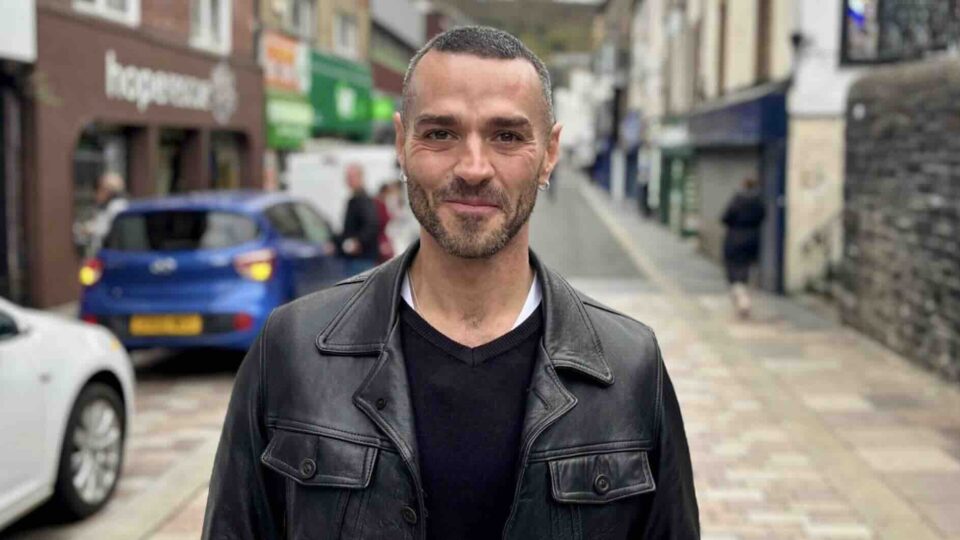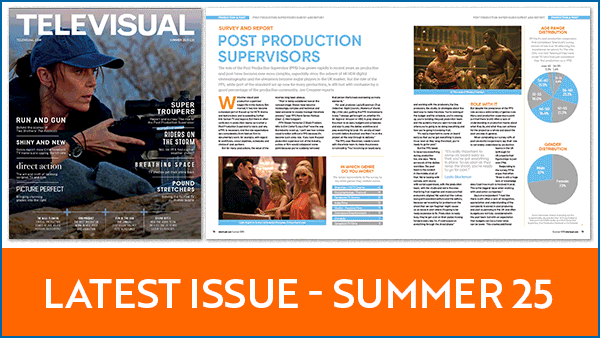Producers’ trade body, Pact, has responded to the nations production commitments set out in Ofcom’s renewal of Channel 4’s licence.
The new licence will increase the annual requirements on Channel 4 for production spend and programme hours made in the UK outside of England from 9% to 12%.
The licence also demands that Channel 4 must achieve these increased quotas from 2030.
Pact responded saying:
Pact is very disappointed with Ofcom’s final statement on Channel 4’s licence renewal. Its decision to retain its proposals to require Channel 4 to commit to at least 35% of hours and expenditure for programmes made out of London and its decision to not introduce Channel 4’s 12% nations quota from 2027 along with separate quotas for Scotland, Wales and Northern Ireland is a missed opportunity.
While we were initially disappointed that Ofcom decided against a 16% quota, we were willing to accept the 12% quota so long as separate quotas for the nations were put in place and the implementation date was brought forward to 2027. This would have provided the production sector in the nations and regions with future certainty around levels of commissioning and spend and helped to stimulate growth over the next ten-year licence period.
Lisa Nandy, Secretary of State for Culture, Media and Sport, recently spoke at the Royal Television Society Conference where she highlighted the importance of regional television and called for the sector to create more opportunities outside of London. Separate quotas for the nations, and enshrining Channel 4’s 50% voluntary out of London commitment, would have helped to create more opportunities for indies in the nations and regions.
With the sector currently feeling the effects of the wider sector downturn and market changes, Pact is concerned that Ofcom’s decision will further damage the cultural diversity of the sector leading to an overall weaker TV production sector.
Pact Chief Executive, John McVay, said: “Ofcom’s decision to retain Channel 4’s Out of London quota at 35% and its decision not to introduce separate nations quotas, along with not bringing forward the implementation date for Channel 4’s nations quota is short sighted. Pactsubmitted substantial evidence to Ofcom refuting the assertions made about the sector in the nations and regions, and we’re concerned that Ofcom’s decision will only lead to a further decline of the sector.”
The trade association for production companies in Wales, TAC, also responded with Chair Dyfrig Davies saying:“This is a really disappointing outcome for producers around the UK and particularly in the nations. Wales is a production centre with around 50 active companies and it has much more to offer to a broadcaster such as Channel 4.”
“Ofcom’s proposals show a remarkable lack of ambition, especially when you consider that Channel 4’s voluntary out-of-London quota is 50% and yet Ofcom has retained the obligation at just 35%.”
“Also the small rise in nations production quotas has a very long timescale and overall will make little difference. We can only hope that Channel 4 itself shows more leadership on this going forward than Ofcom has in this instance and voluntarily raise its commitments further to the nations, as it has done for out-of-London commissioning in general.”
Cristina Nicolotti Squires, Ofcom’s Group Director, Broadcasting and Media, said: “This new licence is the best outcome for audiences and for Channel 4.
“It strikes the right balance between giving Channel 4 the flexibility to support its digital transformation, while safeguarding highly-valued distinctive programming on its traditional channel for the long term.
“The new licence also substantially increases Channel 4’s requirement for production in Northern Ireland, Scotland and Wales. Ofcom will be closely monitoring its performance in this area and holding it to account.”
Alex Mahon, Chief Executive, Channel 4 said: “We welcome Ofcom’s renewal of Channel 4’s ten-year licence and support for our strategy to become the first public service streamer. The new licence provides clarity for the next decade as we deliver our unique public service remit – investing in distinctive British content and trusted news for audiences and supporting the growth of the creative economy across the UK. Ofcom’s recommendations support our drive for even greater distinctiveness, allowing us to build on our position as the only major commercial broadcaster to grow overall viewing minutes this year and continue our industry-leading digital transformation.
“We also welcome Ofcom’s decision to increase Channel 4’s nations quotas by one-third – from 9% to 12% of our main channel content spend and hours – in Northern Ireland, Scotland and Wales by 2030. We believe this strikes the right balance between the commercial flexibility we need as a business and fulfilling our goal to support sustainable production growth across the nations. Channel 4 will strive to reach the 12% level by 2028 – two years ahead of target. We look forward to continuing to work closely with Ofcom to strengthen UK public service media and deliver for British audiences in the years ahead.”
Jon Creamer
Share this story

















